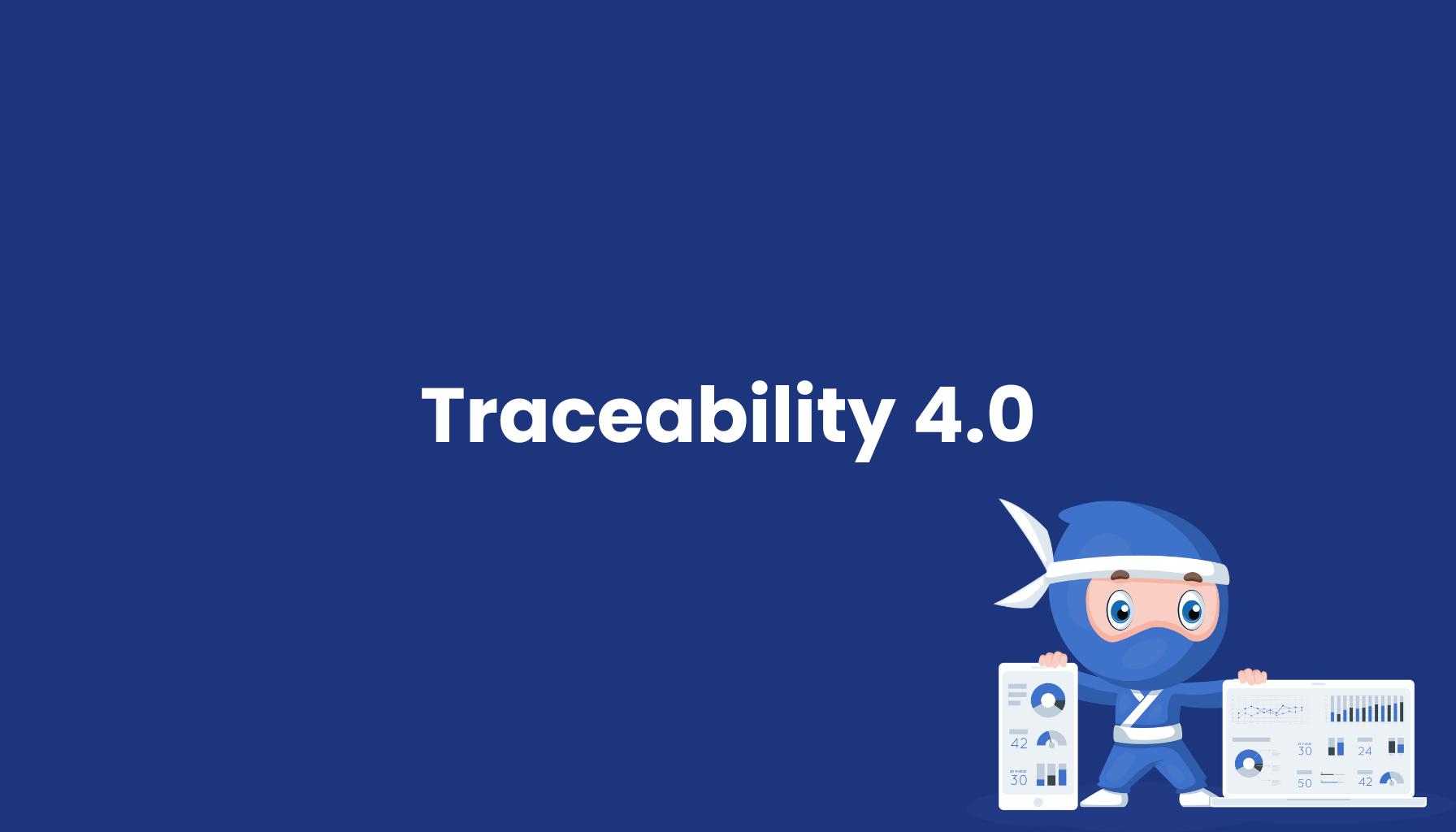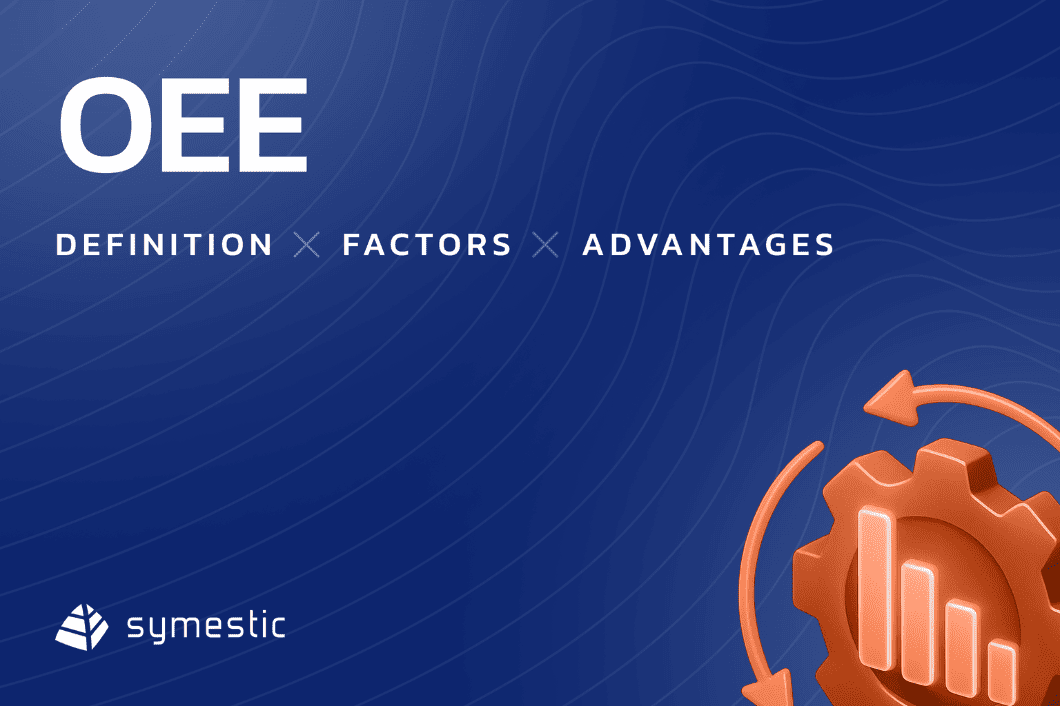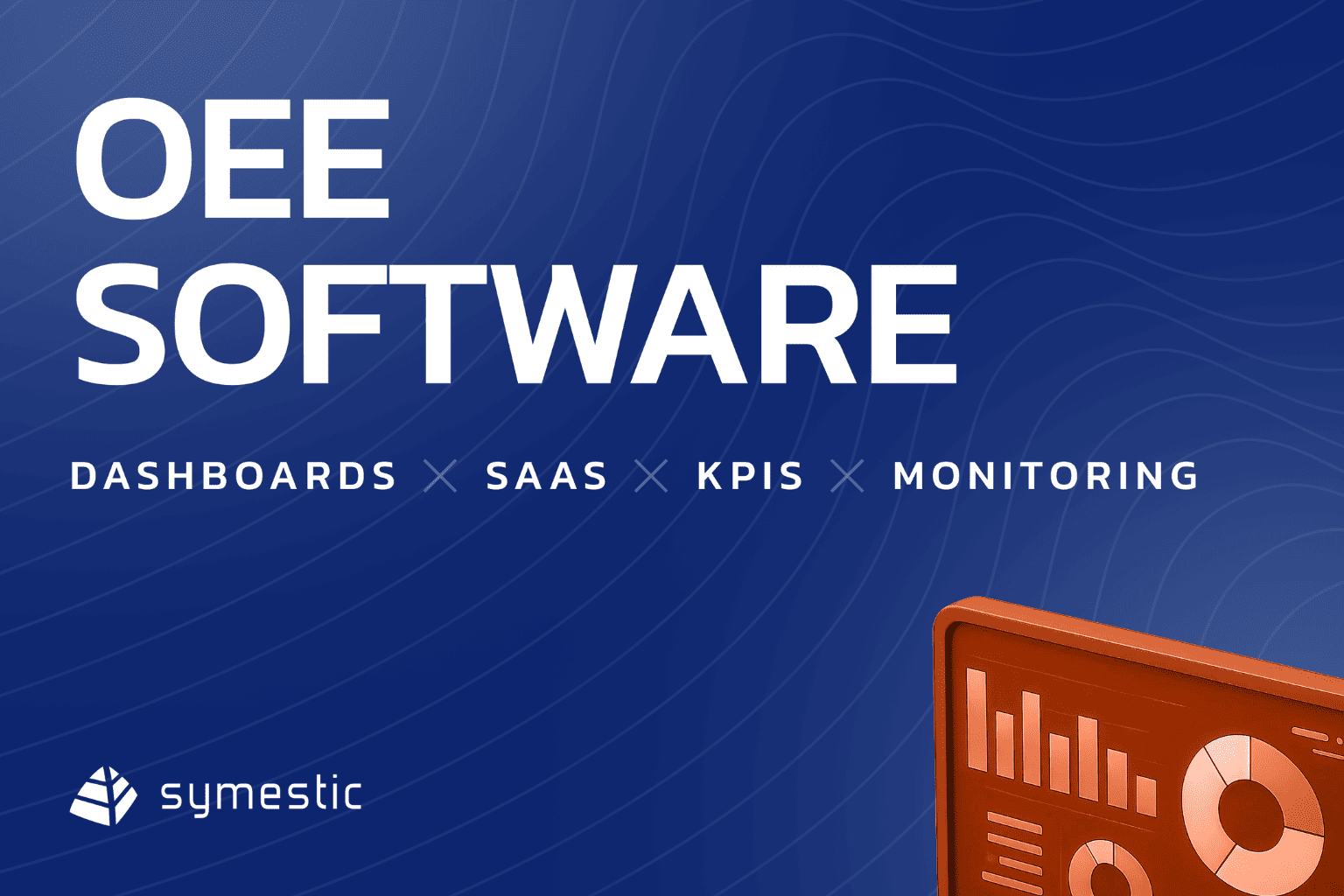Traceability 4.0

Definition
Traceability 4.0 revolutionizes traditional traceability through strategic deployment of Industry 4.0 technologies including Internet of Things (IoT), blockchain, artificial intelligence, and advanced analytics. This innovative solution ensures complete, immutable, and seamless tracking of products, materials, and processes throughout the entire value chain - from raw materials to end consumers.
Technological Foundations
IoT Integration: Intelligent sensors and RFID tags continuously capture data on temperature, humidity, location, and handling. These real-time tracking systems automatically transmit information to central databases, enabling precise condition monitoring.
Blockchain Technology: Immutable, decentralized data storage guarantees data integrity and creates trustworthy transparency between all supply chain participants. Smart contracts automate compliance checks and release processes.
AI-powered Analytics: Machine learning algorithms analyze patterns in production data, proactively identify potential quality issues, and continuously optimize traceability processes. Predictive quality analytics enable preventive measures.
Advantages
Operational Excellence:
- Granular Transparency: Detailed, second-by-second tracking of all production steps with complete documentation of parameters, participants, and timestamps
- Proactive Quality Assurance: Rapid identification and isolation of error sources through intelligent data analysis, localizing quality issues in minutes instead of days
- Automated Compliance: Seamless fulfillment of strict regulatory requirements through continuous documentation and automatic report generation
Strategic Benefits:
- Risk Minimization: Precise localization of affected batches reduces recall costs by up to 80%
- Trust Building: Transparent supply chains significantly strengthen customer confidence and brand reputation
- Operational Intelligence: Data-driven insights optimize production processes and supplier management
Applications
Pharmaceutical Industry: Complete tracking of active substances through complex production chains ensures patient safety. Package-level serialization enables anti-counterfeiting protection and precise recall actions. Temperature monitoring during transport and storage automatically documents cold chains.
Food Industry: Farm-to-fork traceability tracks products from producer to consumer. During contamination events, affected batches can be identified and removed from circulation within hours. Origin verification supports sustainability certifications.
Automotive Industry: Traceability of critical safety components enables targeted recall actions and liability clarification. Digital product passports document material composition for recycling purposes.
Textile Industry: Transparent supply chains combat child labor and support sustainable sourcing. Consumers can verify production origins through QR codes.
Implementation Aspects
Technical Integration: Modern MES systems and digital manufacturing platforms seamlessly integrate traceability functions into existing production environments. Cloud-native architectures enable scalable implementation without high infrastructure investments.
Data Standards: GS1 standards and EPCIS protocols ensure interoperable data formats between different systems and companies. Digital material passports become the standard for complex products.
Security and Privacy: Advanced encryption methods and zero-knowledge proofs protect sensitive business data while ensuring necessary transparency.
Implementation Framework
- Assessment Phase: Current state analysis and traceability requirements definition
- Technology Deployment: IoT sensor installation and blockchain network setup
- System Integration: Connection with existing ERP, MES, and quality management systems
- Process Optimization: Continuous improvement of tracking accuracy and data quality
Economic Impact
Companies report ROI improvements between 200-400% through reduced recall costs, optimized quality processes, and improved supplier relationships. Market maturity of Traceability 4.0 solutions significantly accelerates adoption rates.
Regulatory drivers such as EU Digital Product Passport Regulation and FDA Drug Supply Chain Security Act make advanced traceability a compliance necessity.
Future Developments
- Extended Reality Integration: AR/VR interfaces for intuitive traceability data visualization
- Quantum-Safe Security: Advanced encryption protecting against future quantum computing threats
- Autonomous Verification: AI-driven automatic quality verification and compliance checking
- Circular Economy Support: Enhanced tracking for recycling and circular material flows
Traceability 4.0 transforms traditional documentation into a strategic competitive advantage and becomes an indispensable building block for sustainable, transparent, and trustworthy value chains.





